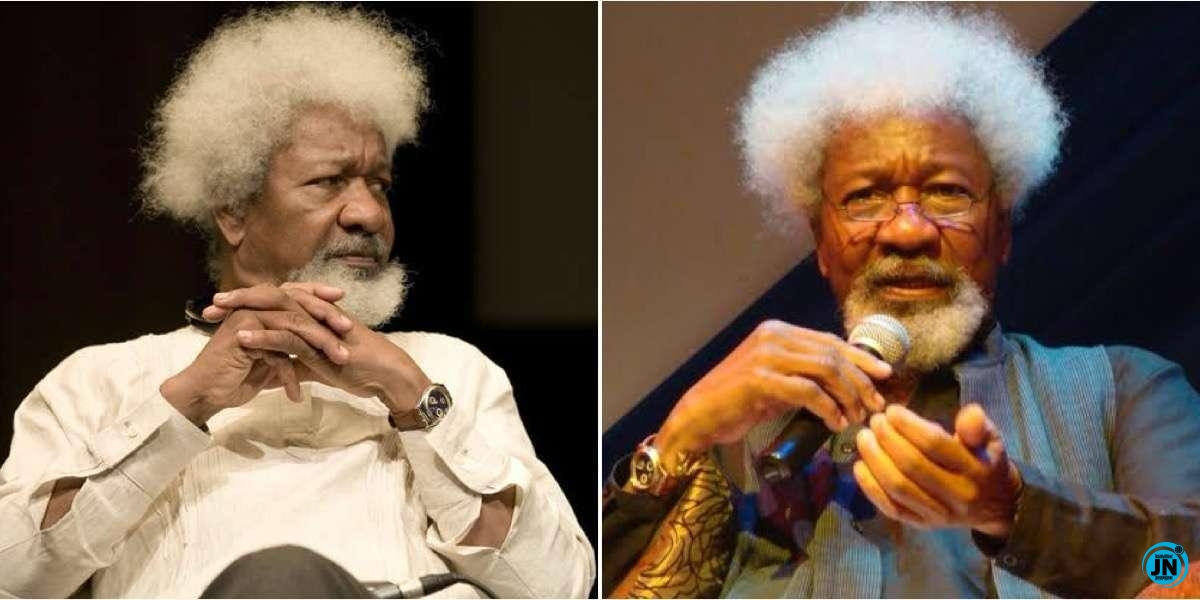
Nobel Laureate, Professor Wole Soyinka, has issued a heartfelt appeal to Africans, urging them to actively speak their native African languages to their children as a vital step toward preserving the rich cultural heritage and traditions that define the continent.
This important call was made public on Monday, May 19, 2025, during Professor Soyinka’s visit to the prestigious University of Ilorin, where he participated in activities leading up to the university’s inaugural Culture Week. The event was organized by the university’s Centre for Cultural Studies and Creative Arts, highlighting the critical role of culture in education and society.
During his visit, the esteemed literary icon expressed strong support for the Centre’s cultural initiatives. He emphasized that his presence at the University of Ilorin was more than a ceremonial engagement; it was part of his ongoing mission to contribute meaningfully and actively to the development and implementation of the Centre’s plans to promote cultural awareness and preservation.
“My mission in Ilorin is to implement all the plans of the Centre for Cultural Studies and Creative Arts,” Soyinka declared, signaling his commitment to ensuring that the Centre’s objectives come to fruition in impactful ways.
In his remarks, Professor Soyinka praised Ilorin as a unique and vibrant cultural hub. He drew a fascinating comparison between Ilorin’s diverse cultural mix and the city of Abu Dhabi in the United Arab Emirates, where he currently holds a teaching position at New York University Abu Dhabi. This comparison highlighted the city’s role as a crossroads of cultures and its significance as a fitting venue for events celebrating cultural diversity.
“Ilorin serves as a meeting point of cultures, making it a highly significant location for hosting an event that celebrates cultural diversity,” he noted, underscoring the city’s importance as a melting pot of traditions and values.
Professor Soyinka also emphasized that the work carried out by the Centre for Cultural Studies and Creative Arts extends far beyond the university campus and the immediate local community. He stressed the Centre’s potential to contribute to fostering global understanding and peaceful coexistence through its cultural programs and initiatives.
Drawing from his extensive international experience, Soyinka lauded the University of Ilorin for its role in promoting cultural unity and global cooperation via the arts, noting that such efforts are essential in today’s interconnected world.
Following the courtesy visit to the Vice Chancellor, Professor Soyinka spoke with journalists about the fundamental importance of language in shaping and maintaining cultural identity. He urged Africans not to neglect their native tongues, highlighting language as the essential repository of culture and tradition.
“Language is a repository of culture. Africans should allow their children to speak their language for the sustainability of their traditions,” he asserted, reinforcing the vital connection between language and the survival of cultural heritage.
To conclude, Soyinka reaffirmed his lifelong dedication to the promotion of arts and culture, promising unwavering support to the University of Ilorin’s efforts in this domain. His visit was a clarion call for a renewed commitment to cultural preservation, education, and unity across Africa and beyond.

